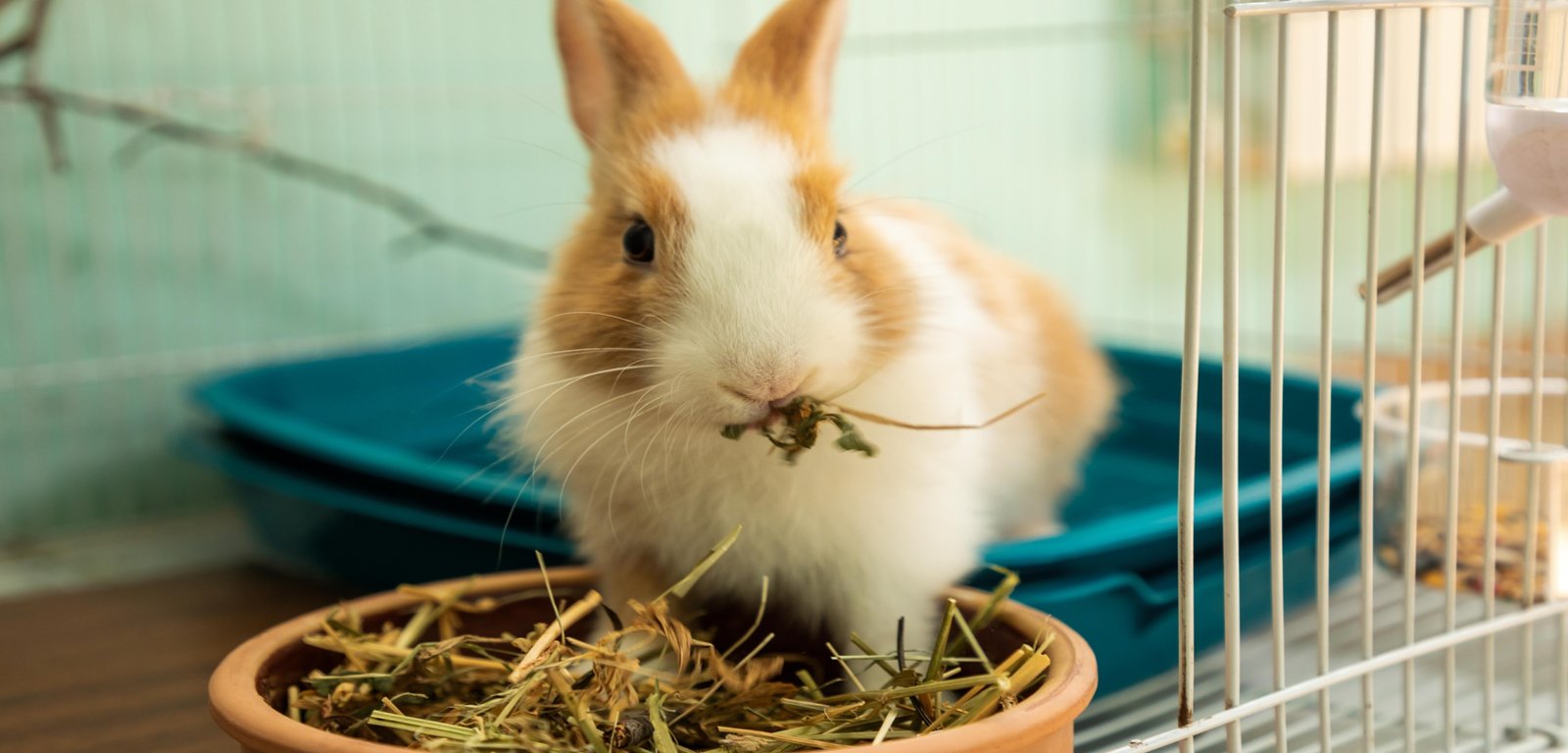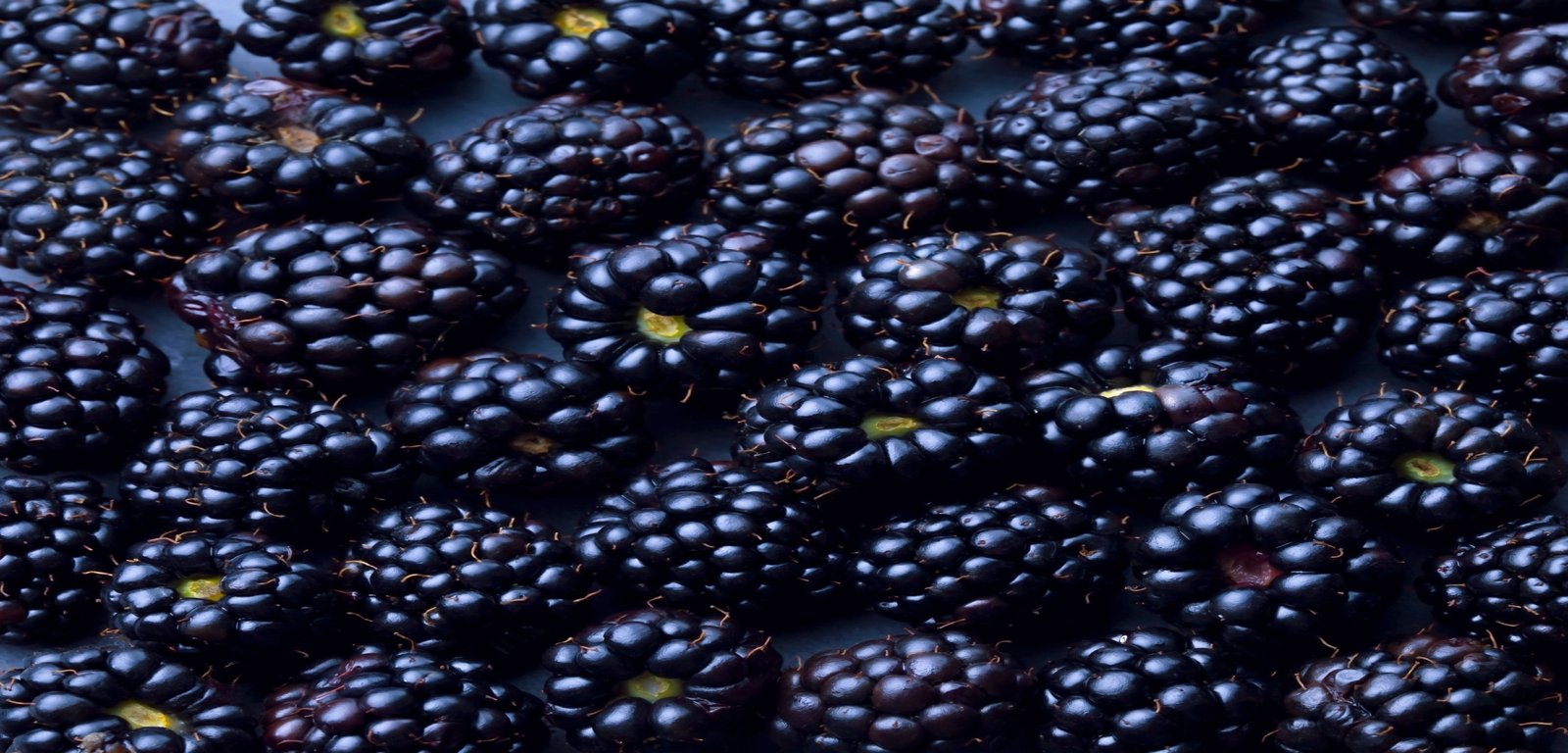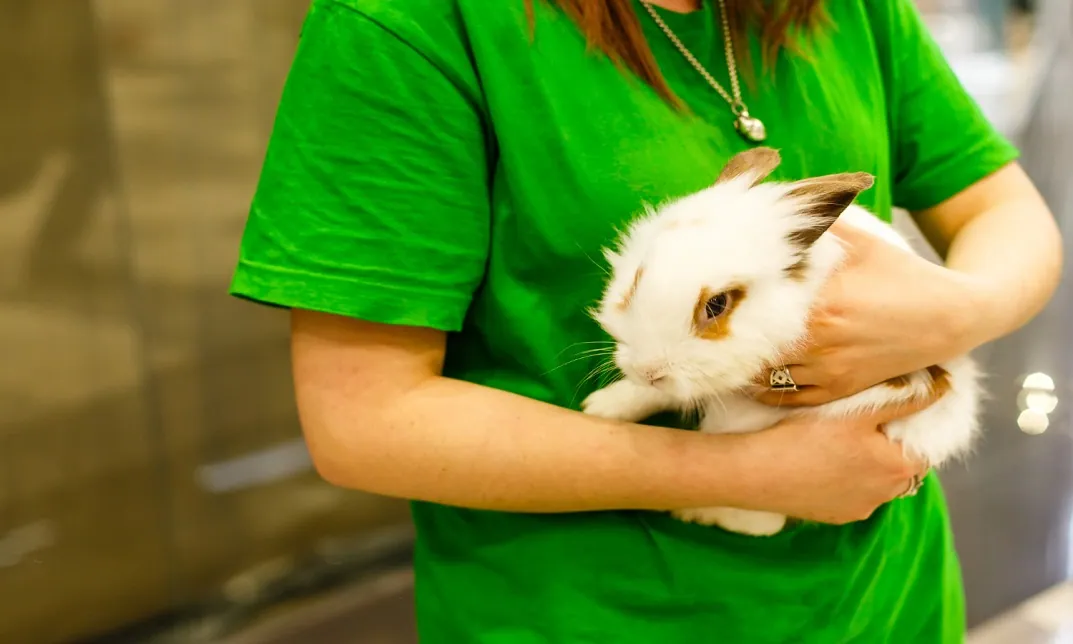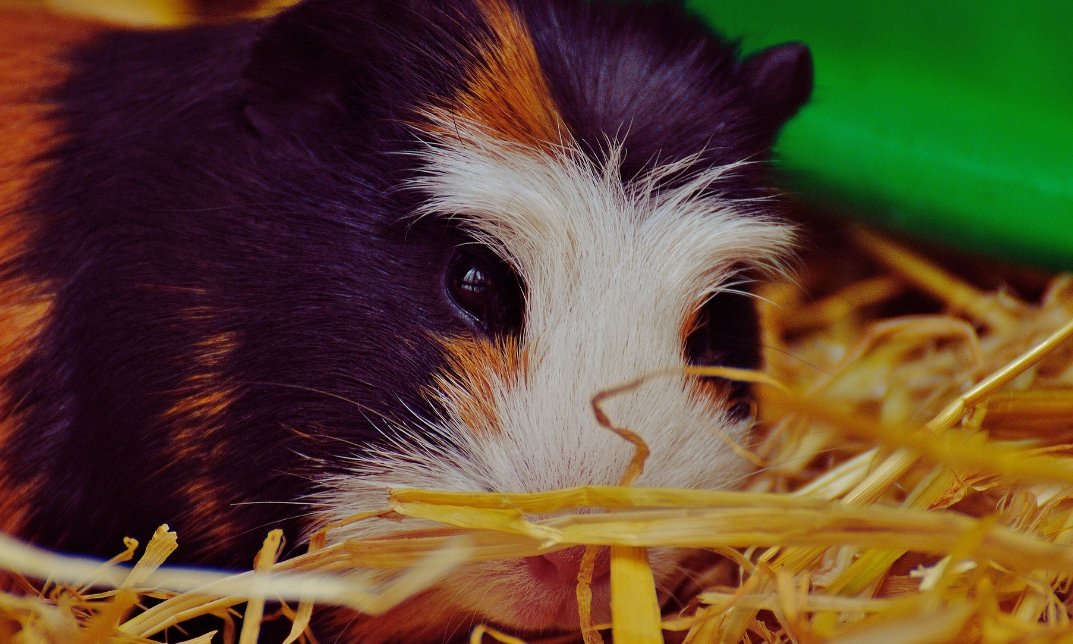No products in the cart.
Have you ever wondered if rabbits can eat blackberries? As a pet owner, you should know what foods are safe for your rabbit. You may have heard that fruits are excellent for them, but is that always true? In this article, we’ll look at whether blackberries are a good choice for your rabbit, how to include them into their diet safely, and what concerns to be aware of.
Are Blackberries Safe for Rabbits?
Yes, rabbits can have blackberries, but only in moderation. Blackberries are not toxic to rabbits, and they offer several health benefits. However, like most fruits, they contain sugar, which can be harmful if fed in large amounts. Therefore, it’s important to understand how much is safe and how often you should feed blackberries to your rabbit.

Nutritional Benefits of Blackberries for Rabbits
Blackberries are packed with vitamins and minerals that can be beneficial for your rabbit. These include:
- Vitamin C: While rabbits generally produce their own vitamin C, giving them foods rich in this vitamin can help boost their immune system.
- Vitamin K: This vitamin plays a key role in blood clotting and bone health, which can be helpful for them as they age.
- Fibre: Rabbits need a diet rich in fibre to maintain a healthy digestive system. Blackberries contain fibre, which can help support digestion.
- Antioxidants: Blackberries are rich in antioxidants, which can help protect your rabbit’s cells from damage caused by free radicals.
Though blackberries provide these benefits, they should never replace the main components of a rabbit’s diet. Rabbits require a diet primarily made up of hay, fresh water, and a small number of fresh vegetables.
How Often Can You Feed Blackberries to Rabbits?
Although blackberries can be good for rabbits, they should only be given as an occasional treat. The sugar content in blackberries can cause digestive issues if consumed in excess. Therefore, it’s recommended to feed blackberries to your rabbit no more than once or twice a week, and always in small quantities. A good rule of thumb is to offer a piece or two of blackberry about the size of your rabbit’s paw.
How to Safely Feed Blackberries to Your Rabbit
Now that we know rabbits can have blackberries, it’s important to discuss how to feed them safely. Here’s a step-by-step guide:
- Wash the Blackberries: Always make sure to wash the blackberries thoroughly to remove any pesticides or chemicals that might be on the fruit.
- Choose Fresh, Ripe Berries: Avoid feeding your rabbit blackberries that are overly ripe or have started to mould. Fresh, firm blackberries are best for your rabbit’s health.
- Cut into Small Pieces: Although blackberries are small, cutting them into smaller pieces ensures that your rabbit doesn’t choke and can chew them easily.
- Introduce Slowly: If your rabbit has never had blackberries before, introduce them slowly. Start with a very small amount and monitor your rabbit for any signs of digestive upset. If all goes well, you can gradually offer them as an occasional treat.
- Remove Leftovers: If your rabbit doesn’t eat the blackberry pieces within a few hours, make sure to remove any leftovers to prevent spoilage and bacterial growth.
Risks of Feeding Blackberries to Rabbits
While it’s clear that rabbits can have blackberries, there are some risks to be aware of:
- High Sugar Content: Blackberries contain natural sugars, and too much sugar can lead to obesity, digestive issues, or even diabetes in rabbits. Thus, always feed them in moderation.
- Upset Stomach: Some rabbits may have a more sensitive digestive system, and introducing fruit too quickly can cause an upset stomach. Watch for signs like diarrhoea or gas, and stop feeding blackberries if these occur.
- Pesticides: If blackberries aren’t washed properly, pesticides and chemicals can be harmful to your rabbit. Always make sure the berries are thoroughly cleaned.
What Other Fruits Can Rabbits Eat?
Rabbits can have a variety of fruits, but all should be given sparingly due to their sugar content. Here is a list of other fruits that are safe for rabbits, but should only be fed occasionally:
- Apples (no seeds)
- Blueberries
- Strawberries
- Pineapple
- Peaches (no pit)
Each of these fruits, like blackberries, should only be given as a treat and not as a regular part of your rabbit’s diet. Remember, too much fruit can lead to health issues, so always offer them in moderation.
Understanding Your Rabbit’s Diet
While blackberries are a fun and tasty treat for your rabbit, it’s crucial to understand that their primary diet should consist of the following:
- Hay: This should make up about 80% of your rabbit’s diet. Hay helps maintain dental health and supports digestion.
- Fresh Water: Always ensure your rabbit has access to clean, fresh water.
- Vegetables: Leafy greens such as kale, spinach, and romaine lettuce can be fed to your rabbit daily, providing essential nutrients without the risk that comes with fruit.
- Pellets: Special rabbit pellets can be used to provide additional nutrition, but they should only be a small portion of your rabbit’s daily intake.

Signs Your Rabbit Has Had Too Much Fruit
If you overfeed your rabbit fruit, including blackberries, there are some signs you should watch for. These include:
- Weight Gain: If your rabbit starts to gain weight, cut back on the fruit and focus on hay and vegetables.
- Soft Stool or Diarrhoea: If your rabbit’s stool becomes soft or watery, they may be having trouble digesting the sugar in the fruit.
- Lethargy: A sudden lack of energy could mean your rabbit’s diet is too high in sugar. In this case, reduce the number of treats and monitor their behaviour.
Conclusion
Overall, blackberries are safe for rabbits to eat in small amounts, and they offer some great nutritional benefits like fibre and vitamins. However, the sugar content means they should only be offered as a treat. So, by following the guidelines in this blog, you can safely incorporate blackberries into your rabbit’s diet without risking their health. Always remember that a balanced diet of hay, fresh vegetables, and water should be your primary focus. Therefore, to become an expert in rabbit care, you can enrol in the Rabbit Care Training Course from the Wise Campus.







